OpenAI sneaks out website update, no longer lists Microsoft as minority owner
OpenAI's website now lists Microsoft as having a minority economic interest.
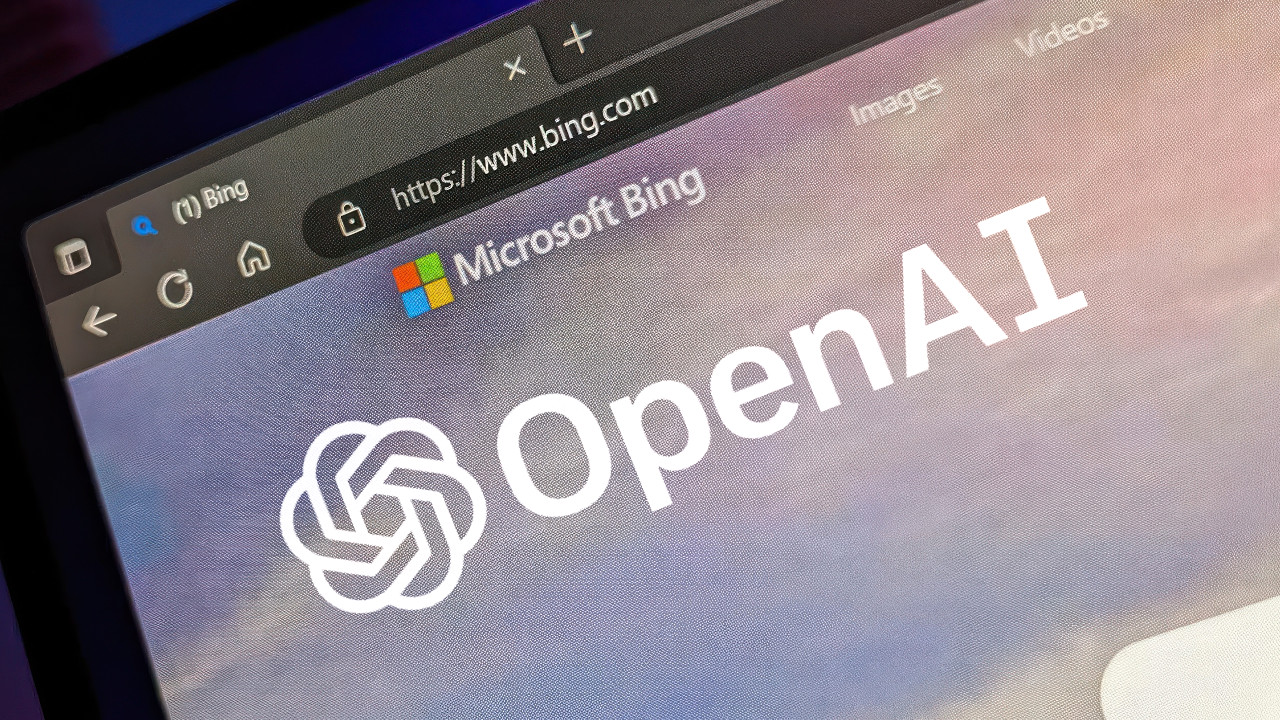
What you need to know
- OpenAI changed its website to list Microsoft as having a minority economic interest rather than being a minority owner.
- Microsoft and OpenAI have a complex relationship that includes sharing IP, billions of dollars of investment, and competing with each other.
- The UK Commercial Markets Authority announced that it will look into the relationship of OpenAI and Microsoft earlier this month.
- The US Federal Trade Commission will also reportedly look into the relationship.
OpenAI made a small but noteworthy change to its website recently. On the page outlining the structure of OpenAI, Microsoft used to be listed as a minority owner. Following a change, Microsoft is now listed as having a minority economic interest. That change could prove important with several governing bodies looking into the relationship between the two companies.
The Financial Times shared an extensive breakdown of the complicated relationship between Microsoft and OpenAI recently. That relationship includes billions of dollars of investment from Microsoft, Azure being the exclusive cloud partner of OpenAI, and Microsoft having a non-voting seat on the OpenAI board.
The recent saga of OpenAI co-founder and CEO being fired by OpenAI's board, receiving an offer to lead an advanced AI division at Microsoft, and then ultimately returning to OpenAI with a restructured board only complicated things further. With many parts of the OpenAI and Microsoft relationship being confidential, there are questions around even the most obvious questions about the companies, such as does Microsoft own part of OpenAI?
Does Microsoft own OpenAI?
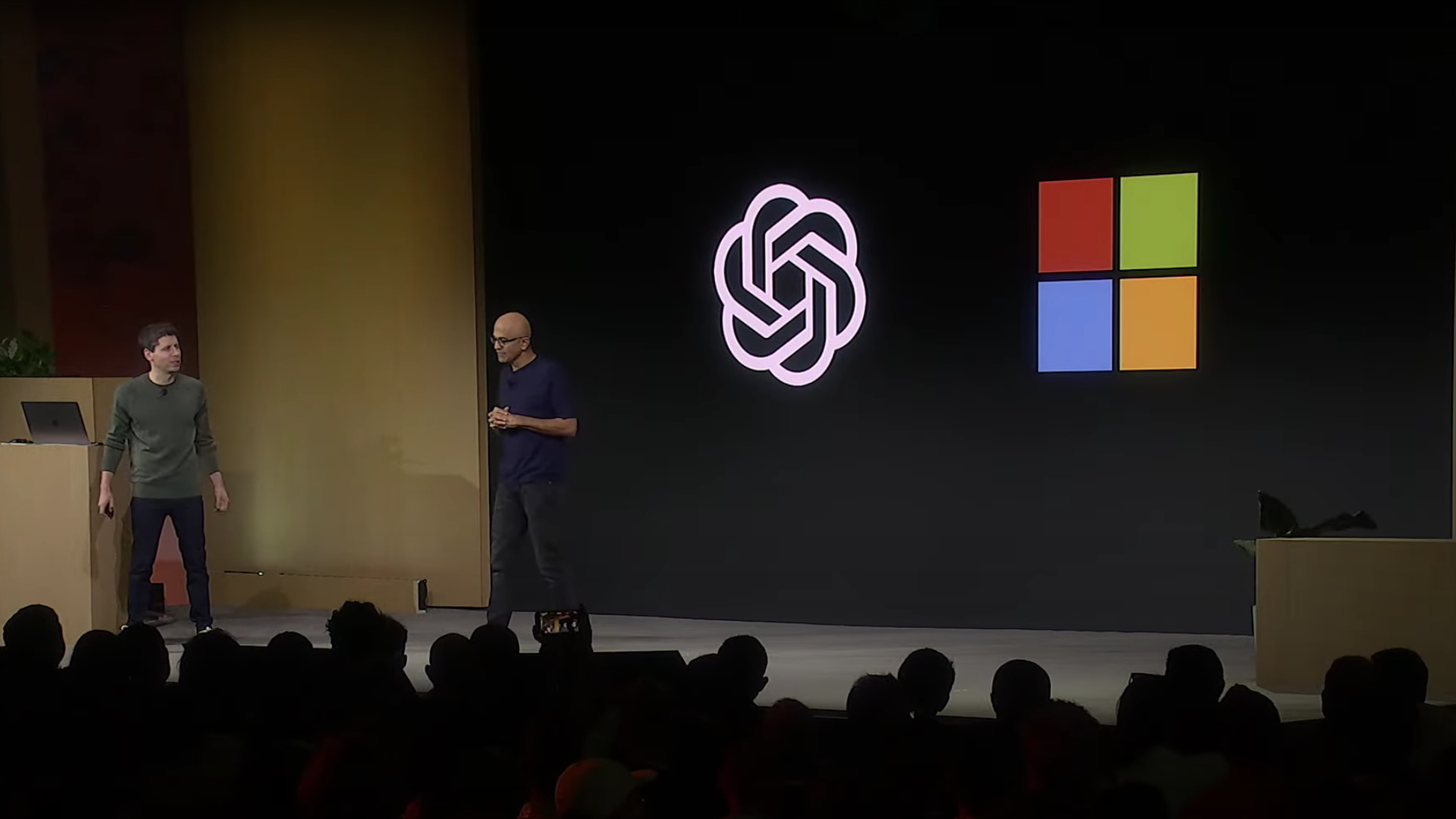
Microsoft has invested $13 billion in OpenAI, according to those familiar with the situation. Microsoft confirmed a $1 billion investment during the early days of OpenAI and a multi-billion-dollar investment in OpenAI this year, but it did not specify the exact amount. Reportedly, Microsoft's recent investment in OpenAI came to the tune of $10 billion. Microsoft is entitled to up to 49 percent of the for-profit arm of OpenAI's profits, according to reports. But that's not the same as 49% ownership.
That investment does not result in Microsoft owning part of OpenAI, which is now clearer following an update to the OpenAI website and clarification from the company. The OpenAI website used to list Microsoft as "minority owner" but the same site now lists Microsoft as holding a "minority economic interest." That's a noteworthy change, making it odd that OpenAI updated its website without an announcement or updating the timestamp of that portion of the site.


The FTC is reportedly looking into the relationship between OpenAI and Microsoft, which likely led to the change on OpenAI's website. It's in the best interest of OpenAI (and Microsoft) for the two tech giants to have distinct separation. The FTC has not opened an official investigation at this time. The UK Competition and Markets Authority is also looking into the OpenAI-Microsoft relationship, so OpenAI needs to get its ducks in a row.
It's difficult to determine why the graphic was changed. Based on the report by the Financial Times, it seems that the previous chart was incorrect. OpenAI backers do not own equity shareholdings, according to the report. Instead, companies that back OpenAI are entitled to a share of profits, but there is a cap on how much a backer can earn. Importantly, the profits that are shared come from a for-profit subsidiary of OpenAI, not the non-profit OpenAI entity.
Get the Windows Central Newsletter
All the latest news, reviews, and guides for Windows and Xbox diehards.
Microsoft also clarified the situation in a statement earlier this month. "While details of our agreement remain confidential, it is important to note that Microsoft does not own any portion of OpenAI and is simply entitled to share of profit distributions," explained the tech giant earlier this month.
OpenAI vs OpenAI
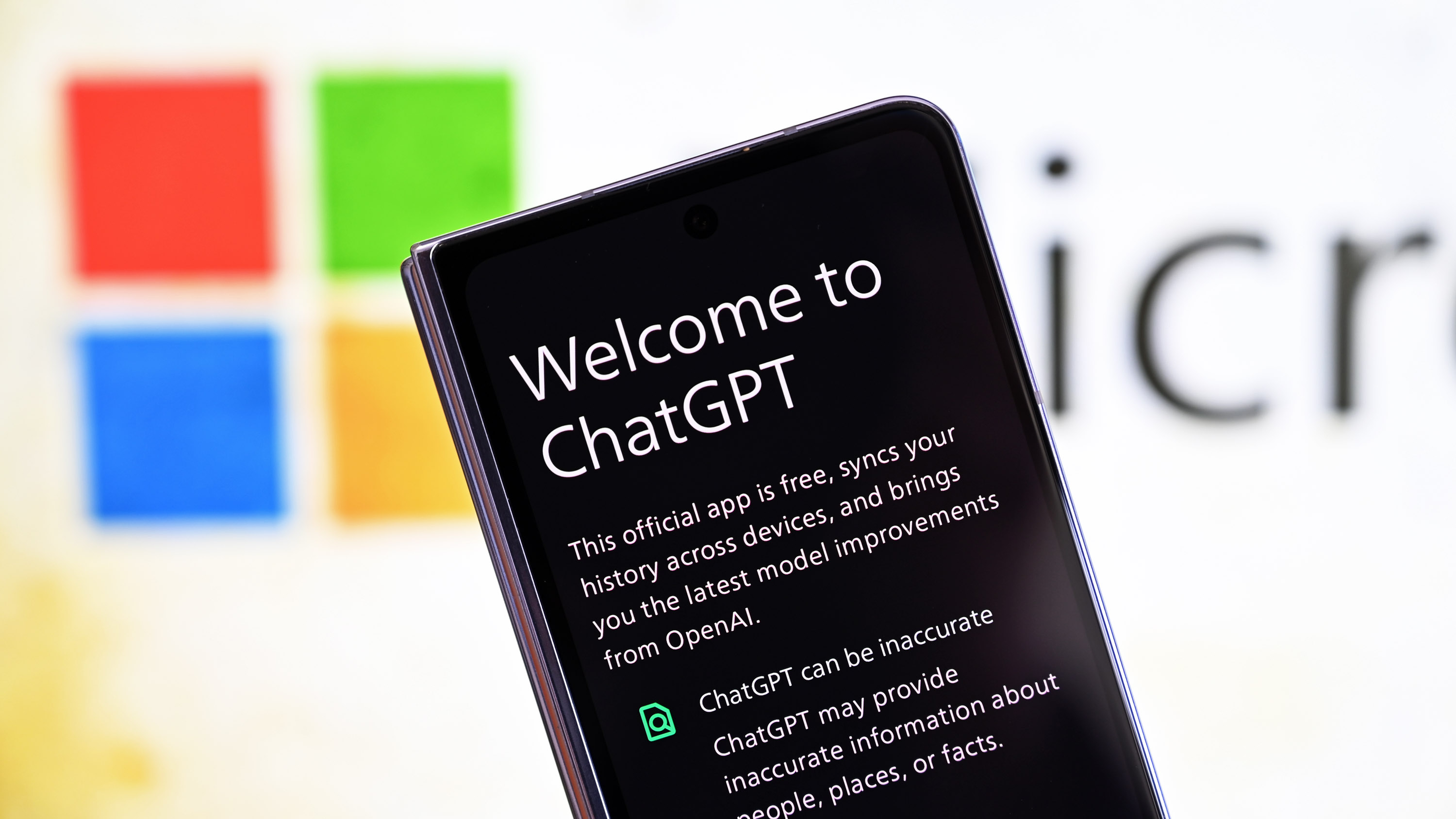
The unique structure of OpenAI has reportedly led to tensions. OpenAI was founded, and still is, a charity. But the rapid growth of interest in ChatGPT, which launched in November 2022, has put a wedge between OpenAI's non-profit and for-profit interests. Microsoft reportedly pressured OpenAI to commercialize faster, which is unsurprising given the fact that Microsoft aims to incorporate AI into all of its services.
The Altman firing and rehiring saga seemingly pushed tensions to a head. Microsoft now has a non-voting seat on the OpenAI board. Reportedly, Microsoft getting a voting seat was never viewed as an option by OpenAI.
OpenAI vs Microsoft
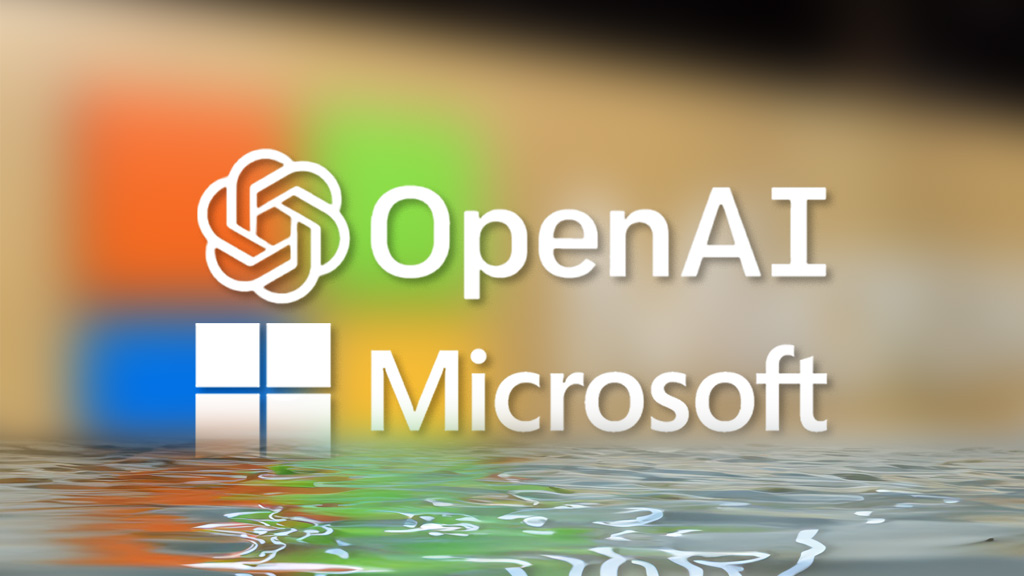
While Microsoft and OpenAI are intertwined and work together in various areas, the two companies also compete with each other. Microsoft's massive investment in OpenAI sees Azure as the exclusive cloud partner of OpenAI. That partnership also has OpenAI share IP with Microsoft exclusively. But any form of AGI (artificial general intelligence) that OpenAI creates at any point in the future will not be shared with Microsoft.
AGI refers to AI that's more intelligent than humans. It's a major focus of OpenAI and is even the first entry on the organization's about page.
"Our mission is to ensure that artificial general intelligence—AI systems that are generally smarter than humans—benefits all of humanity," reads OpenAI's post on AGI.
A person familiar with the situation told the Financial Times that the structure of OpenAI's backers "only makes sense because . . . the company thinks the upside from AGI could be so huge, that it could go beyond these profit caps."
Based on the current struggles and limits of ChatGPT and Bing, we may be a way off from AGI, but it's certainly a possibility. Large-scale training of AI can accelerate growth rapidly.
What's in a name?
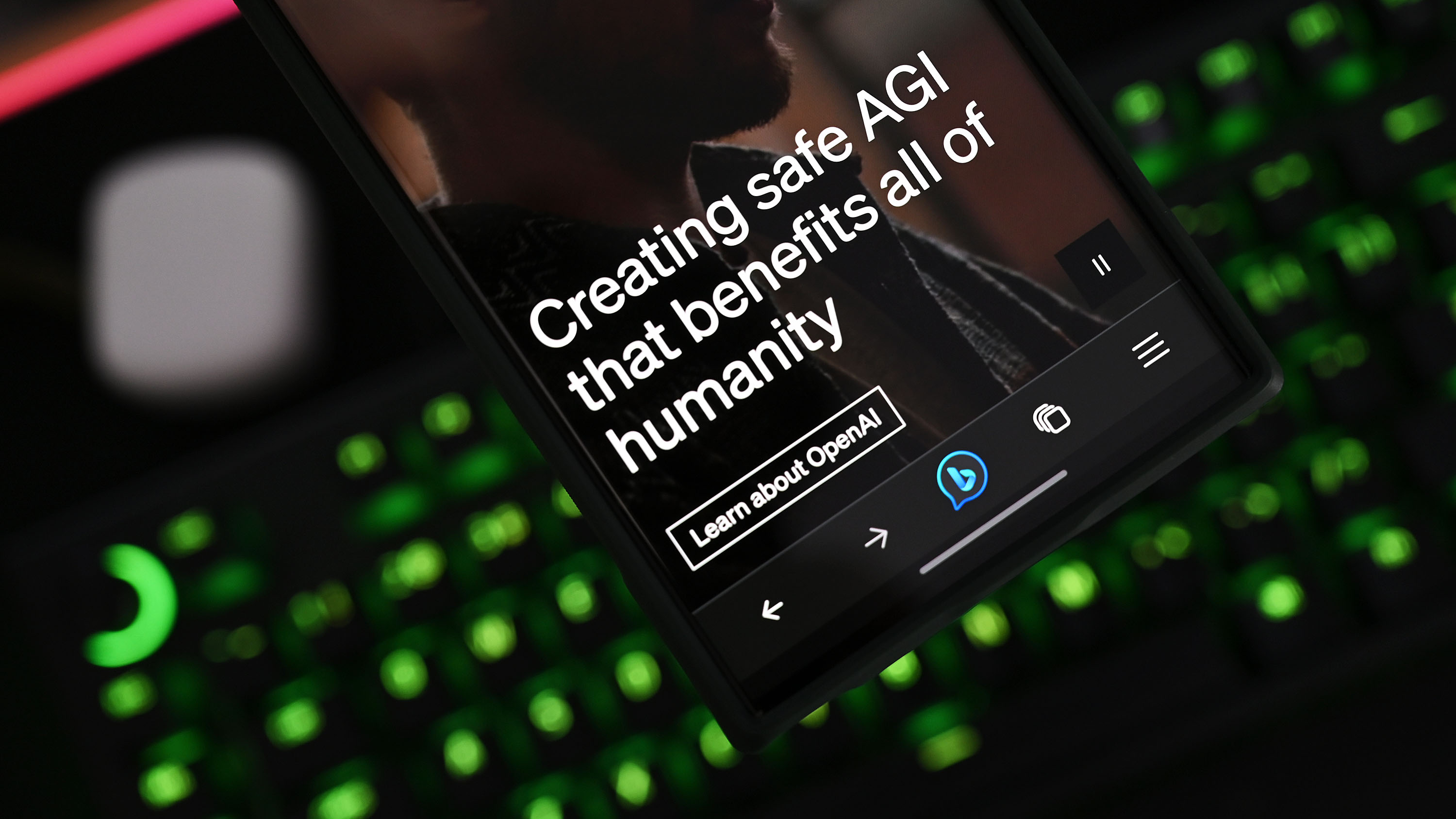
Whether OpenAI clarifying that Microsoft is not a minority owner will matter to the FTC and CMA is yet to be seen. Microsoft and OpenAI have an extremely close relationship that will likely face increasing scrutiny in the future. Neither Microsoft nor OpenAI have a monopoly in AI, but that's not the crux of what the FTC and CMA are looking into.
The CMA will look into whether OpenAI and Microsoft's relationship has resulted in a relevant merger.
"The CMA will review whether the partnership has resulted in an acquisition of control – that is, where it results in one party having material influence, de facto control or more than 50% of the voting rights over another entity – or change in the nature of control by one entity over another," explained the CMA.
I'm not a lawyer, so I can't say if Microsoft has "de facto control" over OpenAI. But I can see why the CMA could investigate the relationship. I've never heard of 90% of an organization's staff threatening to leave for a specific company unless a person was reinstated. That's reportedly what happened after Altman was fired. Reports indicated that 700 out of 770 OpenAI employees would depart for Microsoft and that they were assured Microsoft had roles for them.

Sean Endicott is a tech journalist at Windows Central, specializing in Windows, Microsoft software, AI, and PCs. He's covered major launches, from Windows 10 and 11 to the rise of AI tools like ChatGPT. Sean's journey began with the Lumia 740, leading to strong ties with app developers. Outside writing, he coaches American football, utilizing Microsoft services to manage his team. He studied broadcast journalism at Nottingham Trent University and is active on X @SeanEndicott_ and Threads @sean_endicott_.
-
fjtorres5591 As usual the bureaucrats are looking at the deal all wrong.Reply
Ownership is irrelevant. What matters is the output tech.
Whatever OpenAI develops, MS gets. But it's not all they get.
OpenAI is but one arrow in Microsoft's AI quiver.
And when the dust settles, their products will be running homegrown models.
SPYGLASS MOSAIC.
"Those that forget history..."